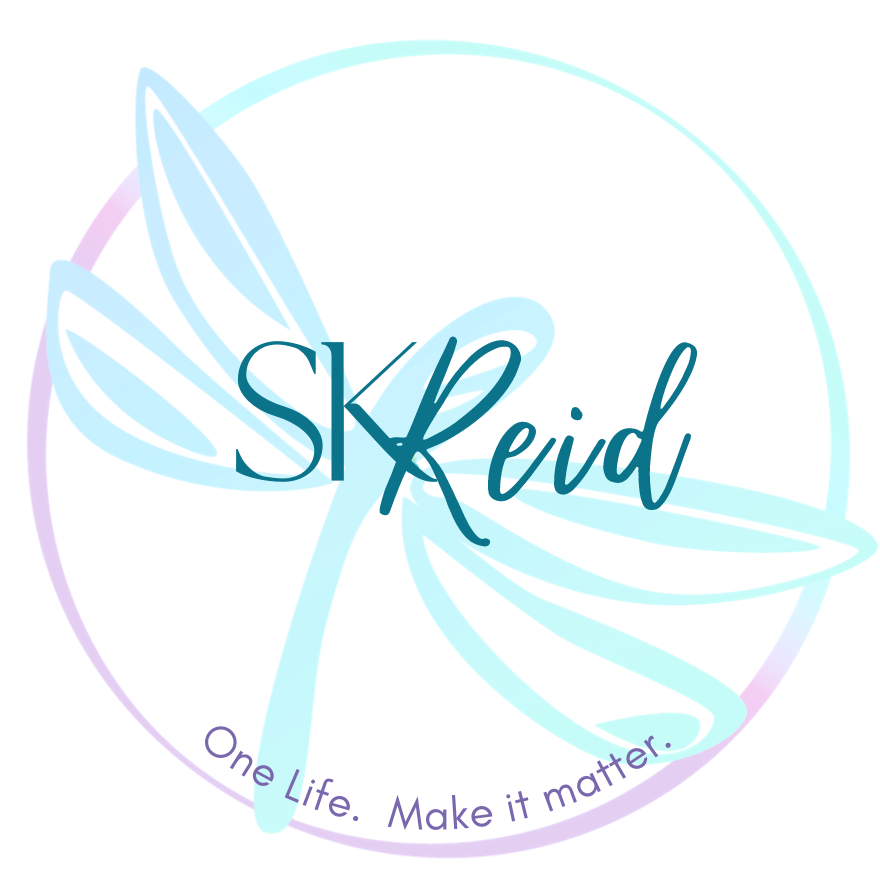The Truth About Grief
Grief is a universal human experience, a complex and profound emotion that accompanies the loss of someone or something deeply cherished. It's a journey through the intricate landscape of sorrow, with no fixed path or timeline.
Grief can be triggered by various forms of loss, such as the death of a loved one, the loss of a pet, the end of a relationship, or significant life changes like job loss or relocation. It's a natural response to these losses, encompassing a wide range of emotions, thoughts, and physical sensations.
While grief is deeply personal and unique to each individual, it often involves feelings of sadness, anger, confusion, guilt, and even moments of acceptance and peace. It can manifest as physical symptoms like fatigue, appetite changes, or sleep disturbances.
Navigating grief is not a linear process; it's more like a series of waves, sometimes gentle and at other times overwhelming. It's a journey marked by both sorrow and resilience, where healing takes time, patience, and support.
Grief Support Resources List
In times of grief, knowing where to find help and support can be a beacon of hope. In the following content, I've compiled a list of grief support resources to assist you on your journey of healing and resilience.
When dealing with the complex waves of grief, knowing where to find additional support can be a beacon of hope in times of sorrow. Whether you're grappling with the early stages of loss or finding your way through the ongoing journey of bereavement, reaching out for help is a crucial step towards healing.
Across the United Kingdom, the United States, Australia, and New Zealand, there are compassionate organisations dedicated to providing guidance, understanding, and a listening ear to those in need.
No matter where you are in your healing journey, these resources are here to support and guide you through the ebbs and flows of coping with loss and finding solace in grief.
Understanding Trauma in the Context of Grief
Trauma can profoundly affect how we process grief, especially when the loss is sudden, violent, or connected to a larger disaster. While grief is a natural response to losing someone or something significant, trauma intensifies this experience, often leaving individuals feeling overwhelmed, unsafe, or unable to cope. In many cases, trauma and grief intersect, as trauma disrupts our sense of security and normalcy, making the grieving process more complex. Whether caused by personal events or larger tragedies like 9/11, it’s important to recognise how trauma can shape our emotions and seek the right support to navigate both trauma and grief together. Healing from trauma requires time, patience, and often professional support, as it goes beyond the scope of conventional grief.
United Kingdom Cruse Bereavement Care A national charity providing support, advice, and information to the bereaved. Offers a free helpline, face-to-face counselling, and various support groups. Cruse Bereavement Care The Good Grief Project Aims to help people find support after a loss. Provides a directory of bereavement support services and resources on grief. The Good Grief Project The Bereavement Trust Offers support and information to those bereaved, including a free helpline, counselling, and support groups. The Bereavement Trust United States The Compassionate Friends An organization of bereaved parents, siblings, and grandparents. Offers support groups and resources on grief. The Compassionate Friends GriefShare A grief recovery program with support groups and resources. Sponsored by over 13,000 churches nationwide. GriefShare Dougy Center A grief support centre for children and families. Offers support groups and resources on grief. Dougy Center Trauma Support Resources
|

